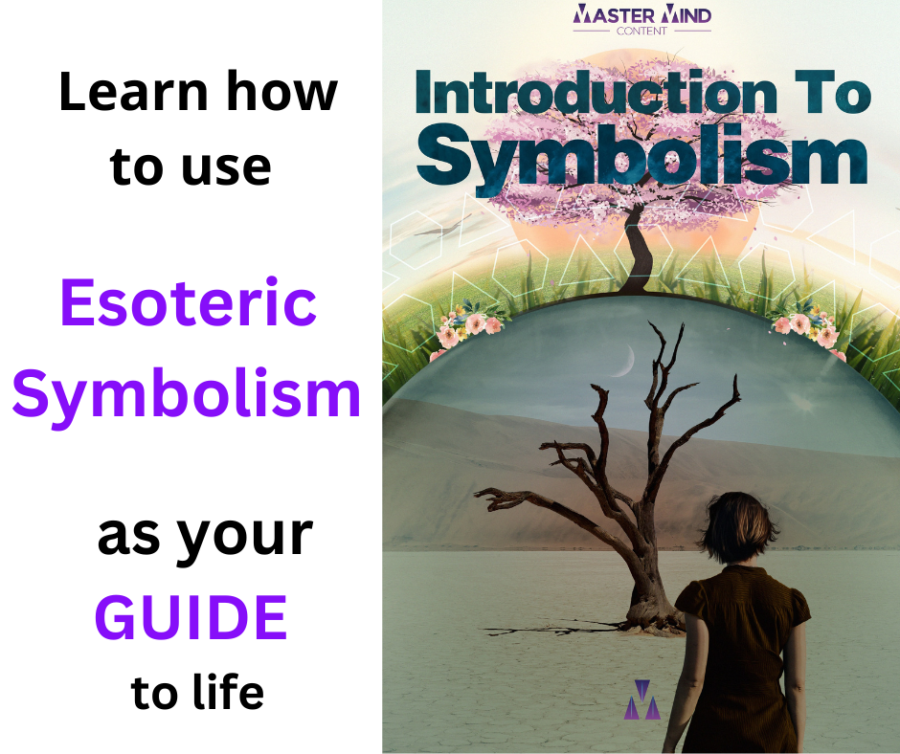
In this article, I explain the esoteric meaning of the symbolism and the lessons you can learn from the myth of Tantalus.
Tantalus was the son of Zeus and the nymph Plouto, the daughter of Titans. This indicates Tantalus is undeveloped energy that can cause people problems. This is confirmed by Plato in the Cratylus; the etymology of Tantalus is he “who has to bear much” and “wretched” says the ancient philosopher.
The symbolic meaning of Tantalus is described quite explicitly in Greek mythology. After being invited to dine with the gods in Olympus, Tantalus disrespected Zeus by stealing ambrosia and nectar – the food of the gods.
Tantalus’ motive for stealing the food was to reveal divine secrets to the people. Food is knowledge and knowledge is power.
To impress the gods, Tantalus sacrificed his son, Pelops, cooked him and served him to the Olympians at the banquet. His actions disgusted the Olympians and they refused to touch the offering. Zeus ordered Clotho (the spinner of fate), to restore the boy back to life.
As a punishment for his misdemeanours, Tantalus was sent to Tartarus and made to stand in a pool of water beneath a tree with low hanging fruit. But each time he reached for the fruit, the wind blew the branch from out of his reach. When he bent to take a drink, the water receded.
Subsequently, Tantalus is where we get the English word, tantalise, which alludes to a desire or temptation that does not deliver satisfaction.

The esoteric meaning of Tantalus in myth explains that people that seek pleasure from the outer world will never be satisfied with their lot. When you look for happiness in the outer world, you program your ego to need material attachments to satisfy your emotional wellbeing.
People that cannot find solace with themselves – happiness from within – also seek to satisfy their emotional wellbeing from other people. This will often involve boasting about your material wealth and achievements to earn respect and attention from others – as Niobe does.
These attributes are associated with “grandiose narcissists” – people that have an over-inflated view of themselves and think they are superior to others.
Narcissists are focused on getting attention and admiration from others. They only care about themselves and have a tendency to give in to one’s own needs and disregard the needs and feelings of others (Lobbestael, et al., 2014).
Narcissistic tendencies are the result of a lack of self-love and self-respect. When these attributes are lacking, you do not nurture self-esteem or self-worth. As a result, you look for pleasure and satisfaction from the external world.

Click here to download your FREE copy of the Introduction to Symbolism Guide
